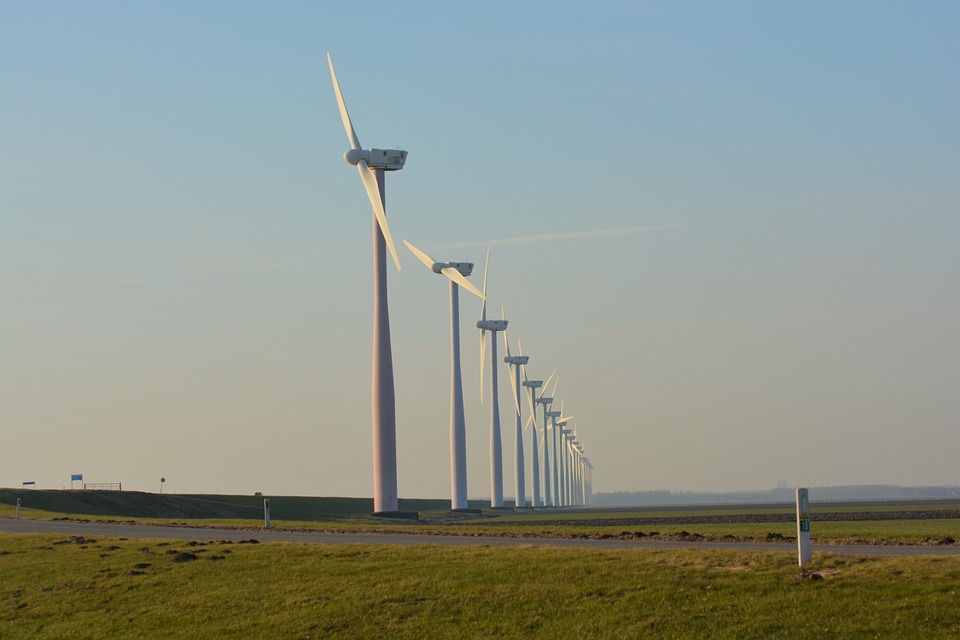Former NASA climate director James Hansen and a team of scientists claim a mechanism in the climate could rapidly raise sea levels by metres. Dr Hansen, so-called “grandfather of climate science”, is a central character across areas of hard science, political interference and modern day activism. A twice-arrested climate activist and anti-coal campaigner, he still holds a position at Columbia University.
Hansen’s paper, published in the journal Atmospheric Chemistry and Physics has proved to be far from conventional. Co-written by 18 other highly reputable co-authors, the paper took up a total of 52 pages of the journal, far exceeding the typical length of four to five pages.
The outcome, according to Dr Hansen, is that they may have uncovered a mechanism in the Earth’s climate system not previously understood, that could point to a much more rapid rise in sea levels. When the Earth’s ice sheets melt, they place a freshwater lens over neighbouring oceans. This lens, argues Hansen, causes the ocean to retain extra heat, which then leads to melting the underside of large ice sheets that fringe the ocean, causing them to add more freshwater to the lens, a process known as a “positive feedback”.
All this added water could first slow and then shut down two key ocean currents – Hansen points to two unusually cold areas of ocean water off Greenland and Antarctica as evidence that this process may already be starting. If these ocean conveyors were to be impacted, this could create much greater temperature differences between the tropics and the north Atlantic, driving “super storms stronger than any in modern times”. Dr Hansen points to evidence from ancient climates (known as paleoclimate data) to suggest this has previously happened on Earth.
According to the Intergovernmental Panel on Climate Change (IPCC), global sea levels will only rise a maximum of not quite a metre by the end of the century, which Hansen argues is too conservative. He suggests that climate models, including those used for his paper, do not properly capture the consequences from adding freshwater from melting ice sheets. The rise would be much faster.
Hansen’s feedbacks raise questions about how soon we will pass points of no return, in which consequences may no longer be reversed. These include a sea level rise of several metres, which could occur this century or at the latest next century if fossil fuel emissions continue at a high level.
Commenting on Hansen’s study, Dr John Church, a sea level rise expert at Australia’s CSIRO, confirms that multimeter sea level rises are consistent with current research. Where Hansen departs is his claim that it could all happen before the end of this century.
Other scientists have already challenged many of Hansen’s conclusions, as Hansen himself predicted would happen. He supports the fact that many would interpret aspects of their long paper differently, adding that disagreement should not be misinterpreted. In Hansen’s view, scepticism is the lifeblood of science.
